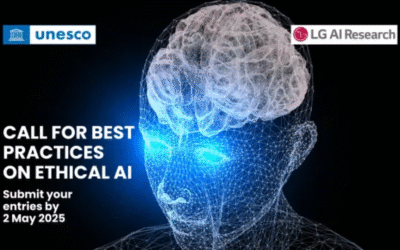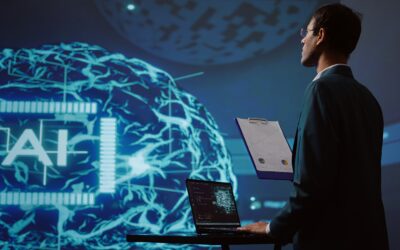
Announcing the Call for Best Practices: UNESCO-LG MOOC on the Ethics of AI
UNESCO, in collaboration with LG AI Research, has officially announced a global Call for Best Practices to support its upcoming Massive Open Online Course (MOOC) on the Ethics of AI. This initiative aims to empower learners worldwide with knowledge, tools, and critical thinking skills necessary to navigate AI’s ethical complexities. The MOOC is grounded in…







